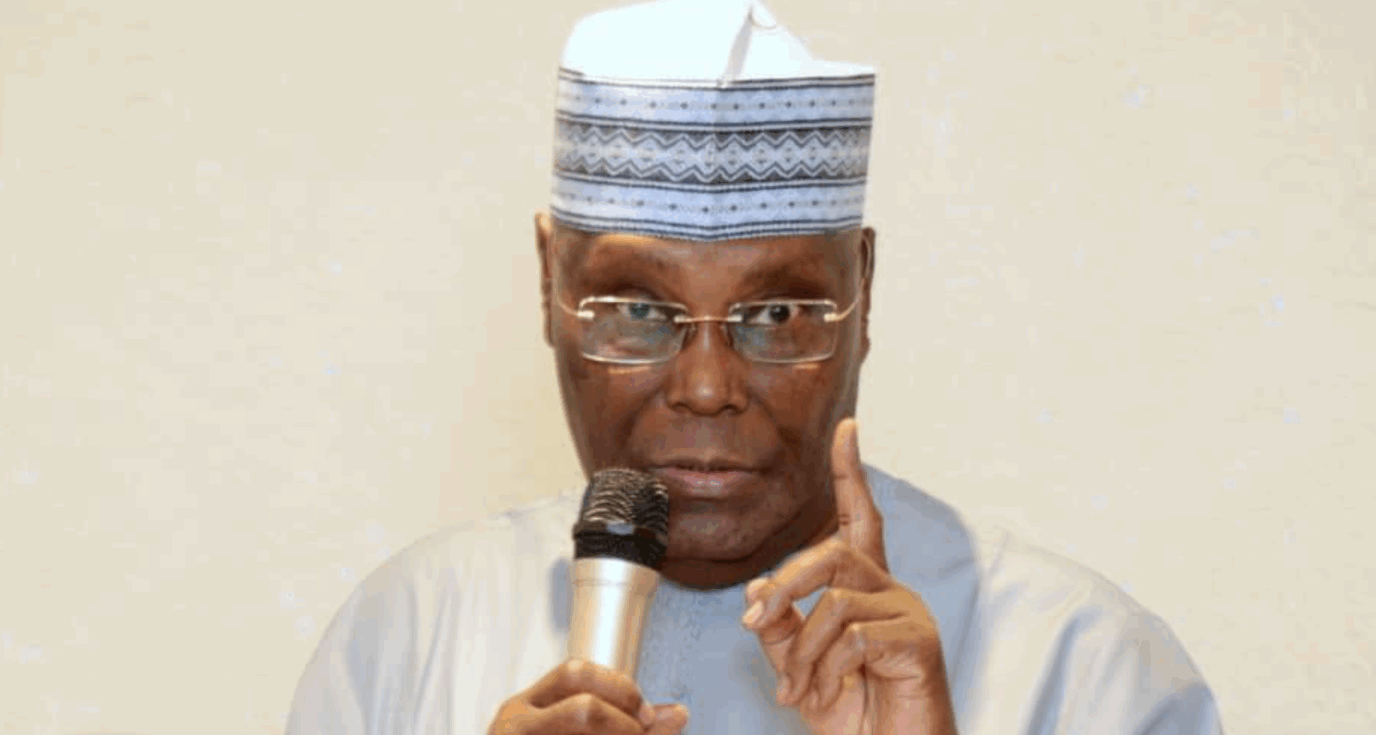Despite a persistent shortfall in domestic power supply, Nigeria continues to export about 6% of its generated electricity to neighbouring countries such as the Benin Republic.
According to the Director-General of the Energy Commission of Nigeria (ECN), Dr. Mustafa Abdullahi, this is a move that is driven by strategic and economic considerations,
Speaking in an interview with Channels TV on Sunday, Dr. Abdullahi explained that the exports are part of longstanding bilateral arrangements and are not simply about giving away scarce resources.
“People think we are just sending our electricity away for free while we are in darkness. That is not the case. These are structured agreements, and they serve Nigeria’s broader economic and diplomatic interests,” he said.
Why Nigeria Shares Power Despite Local Deficits
Dr. Abdullahi noted that most of Nigeria’s hydroelectric generation capacity is located in regions close to its borders.
“When you generate electricity in certain areas, especially along our southwestern and riverine borders, it is sometimes more efficient and politically strategic to share with neighbours than to leave the capacity unused,” he explained.
He stressed that refusing to cooperate could lead to cross-border tensions.
“If we do not maintain these relationships, our neighbours could decide to build dams upstream, which would directly affect our water resources and power generation,” he warned.
Energy Mix and Renewable Expansion
Nigeria’s energy mix, according to the ECN, consists of 86% gas, 12% hydro, and a small but growing contribution from renewables such as solar. The recently enacted Electricity Act 2023 has decentralised the power sector, allowing states to generate, transmit, and distribute electricity independently.
“The law gives states the authority to find their own solutions instead of waiting for Abuja,” Dr. Abdullahi said. “But it takes time to build capacity, especially when it comes to infrastructure and funding.”
Balancing Domestic Needs and Regional Commitments
While acknowledging that Nigeria’s current output of 6,000 megawatts remains far below the estimated 35,000 MW needed for adequate supply, Dr. Abdullahi insisted that the exports are not the cause of the shortage.
“We are not giving away electricity that would have solved our power problem. The bigger challenge is scaling generation and transmission nationwide,” he stated.
He also pointed out that Nigeria benefits economically from the arrangement.
“We are paid for what we export, and those revenues can be reinvested in strengthening our power infrastructure,” he added.
Looking Ahead
Dr. Abdullahi emphasised that renewable energy adoption and state-level initiatives will be central to Nigeria’s future energy security.
“Our goal is to move towards a system where every state can meet its own demand, while Nigeria as a whole continues to play a leadership role in regional energy cooperation,” he said.
By maintaining electricity exports while pursuing domestic reforms, Nigeria aims to balance regional stability, economic benefit, and long-term self-sufficiency in its energy sector.












